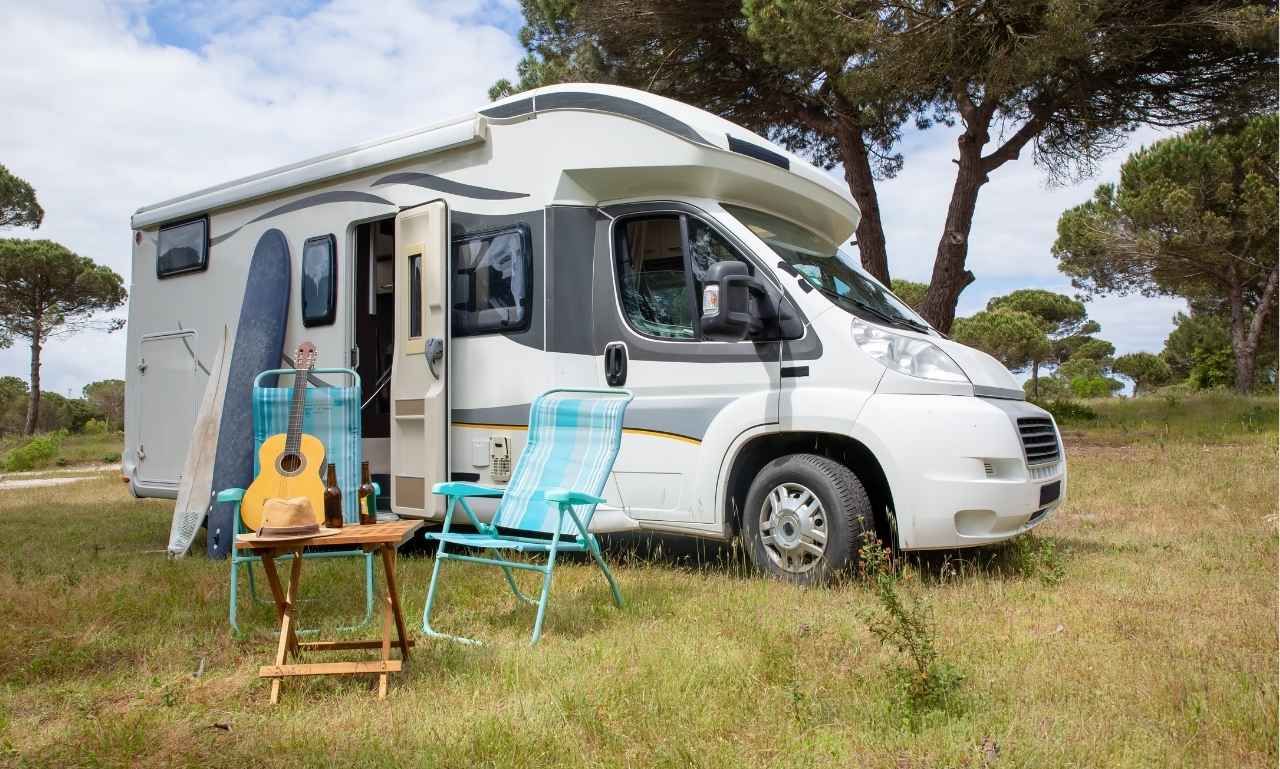Ready to escape those harsh winter months without breaking the bank? Many people dream of becoming snowbirds but worry about the costs. Let's explore how to be a snowbird on a budget.
What Age Is a Snowbird?

While most snowbirds are between 50 and 70, the lifestyle changes fast, and you don't have to wait until your golden years to become a snowbird.
More people in their 40s are joining the movement thanks to remote work opportunities. Some creative folks even start their snowbird journey in their 30s by combining seasonal work with winter escapes. Your financial readiness and lifestyle flexibility matter more than your birthday.
How Do You Become a Snowbird?
Leaping to snowbird living doesn't have to be complicated. The secret sauce is thoughtful planning and knowing your options.
Let's explore the most budget-friendly ways to make this dream work for you!
Invest in a Timeshare
Thinking about a timeshare? Let's get real about what they offer for snowbirds on a budget.
Advantages of a Timeshare
Timeshares can be your ticket to predictable vacation costs. You'll know exactly what you're spending each year.
Modern timeshare resorts offer impressive amenities that can significantly reduce your overall expenses. You'll often have access to well-maintained fitness centers and swimming pools without extra fees. Many properties organize regular social activities and community events, helping you build lasting friendships without spending on entertainment. The maintenance costs are typically bundled into your fees, eliminating surprise repair bills. Plus, many timeshare programs offer exchange options, letting you swap your time for stays at different properties worldwide.
The social aspect of timeshare communities is particularly valuable for snowbirds. You'll often find yourself surrounded by like-minded people who return year after year. These connections can make your winter home feel more welcoming and provide a support network away from your primary residence.
Disadvantages of a Timeshare

Watch out for these potential money traps:
- Rising annual maintenance fees
- Difficult-to-sell properties
- Limited flexibility with dates
- Property value usually goes down, not up
Look Into Long-term Rentals: Your Flexible Friend
Long-term rentals might be your perfect match if you want to become a snowbird on a budget. Many property owners offer sweet deals for winter stays. You could save 30-50% compared to regular vacation rates.
Always ensure that you book your long-term rental in September or October. That's when owners get nervous about empty winter properties!
Affordable Places
Myrtle Beach, South Carolina
- Winter rentals from $1,000-$1,500 monthly
- Mild temperatures perfect for golf and beach walks
- Tons of off-season entertainment deals
- Great medical facilities nearby
Lake Chapala, Mexico
- Monthly rentals under $800
- Large English-speaking community
- Your dollars stretch twice as far
- Year-round spring-like weather
South Padre Island, Texas
- Affordable "Winter Texan" specials
- Active senior community
- No state income tax
- Beautiful Gulf Coast beaches
Invest in an RV

RV living can slash your snowbird costs while maximizing adventure! Modern RVs offer amazing comfort without premium housing prices.
What to Look for in an RV as a Senior
Smart RV shopping makes all the difference in your comfort and budget:
- Choose models with easy-access features
- Look for good lighting and minimal steps
- Consider fuel efficiency - bigger isn't always better
- Check for adequate storage space
- Prioritize reliable heating and cooling systems
Be Cautious About Aspirational Buying
Don't let FOMO drive your spending! Many new snowbirds regret buying expensive properties or oversized RVs. Start small and upgrade only if needed. You can always spend more later, but downsizing hurts!
Consider Your Personal Finances
Your snowbird budget needs to cover the following:
- Housing in both locations
- Travel costs between homes
- Insurance (health, property, vehicle)
- Utilities and maintenance
- Entertainment and activities
- Emergency savings
Add 20% to your initial budget estimate. First-time snowbirds often discover surprise expenses!
Working Part-Time
Many seasonal businesses love hiring experienced snowbirds.
Popular snowbird jobs include:
- Resort guest services
- Golf course staff
- Tourist attraction guides
- Remote consulting work
- Virtual assistant roles
Downsize a Current Home
Could your current home be funding your snowbird lifestyle? Many successful snowbirds start by downsizing.
Smart downsizing strategies:
- Sell unused furniture and decorations first
- Consider a smaller home in your primary location
- Look for low-maintenance properties
- Use the profits to fund your winter housing
Consider Tax Breaks and Tax-Friendly States
Different states treat part-year residents very differently.
Tax-friendly snowbird states include:
- Florida (no state income tax)
- Texas (no state income tax)
- Arizona (relatively low property taxes)
- Nevada (no state income tax)
Considering Snowbirding Before Retirement
Why wait for retirement? Remote work makes early snowbirding possible!
Success strategies for working snowbirds:
- Choose destinations with reliable internet
- Set up a proper home office space
- Maintain regular work hours
- Build a professional network in both locations
Rent Out Your Property at Home
Turn your empty northern home into a money machine! Winter renters can fund your entire snowbird season.
Smart rental tips:
- Screen tenants carefully
- Use a trusted property manager
- Keep some space locked for your stuff
- Set clear rules about maintenance
Rent Out Your Vacation Home

Rent it out during the off-season when you're up north.
Peak season rentals often bring in enough to cover the following:
- Your winter living costs
- Property maintenance
- Insurance and taxes
- Some extra spending money
Prepare Meals at Your Vacation Rental
Restaurant bills can destroy your snowbird budget; set up a bright kitchen in your winter home to counter this.
Money-saving meal strategies:
- Shop at local farmers' markets
- Cook in bulk and freeze portions
- Join local grocery store loyalty programs
- Share bulk purchases with other snowbirds
Conclusion
Becoming a snowbird on a budget isn't just possible - it's totally doable with thoughtful planning! Start small, stay flexible, and focus on what truly matters. Your perfect snowbird lifestyle might look different from others, and that's okay! Focus on what makes you happy while keeping your finances healthy.
Also Read: How to Plan a Vision Board Party




